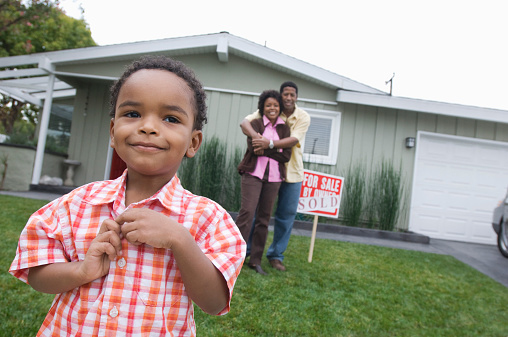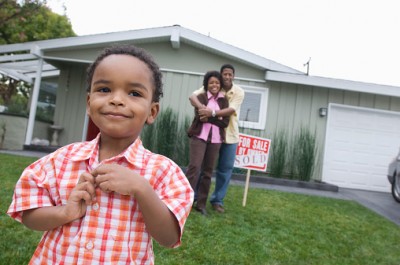
Being in the financial position to afford to move to a bigger house is an exciting new chapter in your or you and your family’s life. Whilst costs such as transfer fees or deposits are always taken into account, one often forgets about the other cost implications that come with a larger home.

Eunice Sibiya, Head of Consumer Education at FNB shares 4 costs to consider when moving into a bigger house
Bigger house equals more furniture
- A bigger house means more and bigger rooms and consequently more furniture and décor that are needed to fill the house up. These items will include the basics such as curtains or blinds and might even mean an additional television, HI-Fi set or docking station.
- It is important to factor the buying of additional furniture in to your budget over the long term. Try to avoid taking out a loan in order to finance it and avoid the urge to sell off old furniture and buy new items for the house. First do what you can, with what you have.
- It is a common mistake to want to do as much as possible at once. Instead, give yourself time to settle in and live in the new house for a while so that you can grow accustom to the new rooms and flow of the house. That way you can save up and be more certain that you will be making the right choices when you furnish the home.
Insurance
- You will pay more to ensure the larger house that has more content but don’t skimp on this. Life unfortunately happens and unforeseen circumstances such as geyser bursts that damaged goods, fires or burglaries have to be catered for.
- You need to consider the fact that this will be a higher expense before you decide to move. There is however value in taking the opportunity to shop around for the best deal that will cover your needs.
Gardening costs
- The upkeep of a garden will be a new line item in your monthly budget if you have moved from a top floor unit or complex where gardening services were included in your levies.
- As with insurance make sure that you shop around for the best deal. Gardening services can either charge you based on the size of your garden, an hourly rate or a tailored quote following an assessment of your garden. For a medium sized garden you could pay around R1 200 per month for one session a week whilst some service providers could charge up to R 1 000 for an hour.
- This will not include new plants or landscaping but merely maintenance.
- If a lot of new plants have to be bought, consider only paying for a gardening service later on and maintaining your garden yourself until you have money available to outsource.
Upgrading security
- When staying in a complex or block of flats where security measures such as electrical fencing, beams and burglar bars were already installed, you might be confronted with having to do a few of these installations at your new home and they do not come cheap.
- Tackle the most important expenses first, and put DIY skills to the test. There are helpful magazines and television programmers that give gardening and renovating hints and tips. As for installation of your TV and sound appliances, take photos of where all the cables plug into so that you can just replicate in your new house – there is no need to pay someone to do it for you.
“Make a list of the most important additional expense first and compare it against what you are able to afford at the moment and remember, creating a home is not an overnight process, it takes time,” concludes Sibiya.




